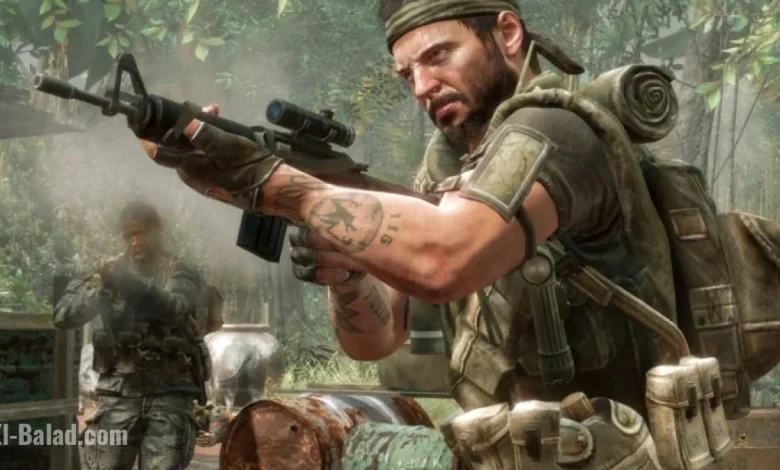Treyarch’s Struggles with Call of Duty: Black Ops Series

On November 9, 2025, the gaming community celebrates the 15th anniversary of “Call of Duty: Black Ops.” This installment marked a significant evolution for Treyarch and the entire Call of Duty franchise. Initially regarded as the secondary studio, Treyarch showcased its capacity to innovate and tell complex stories.
Treyarch’s Rise: A New Direction in Gaming
Before “Black Ops,” Treyarch’s contributions were overshadowed by Infinity Ward, the franchise’s creator. The 2006 title, “Call of Duty 3,” was a standard World War II shooter, but it fell short compared to Infinity Ward’s revolutionary 2007 release, “Call of Duty 4: Modern Warfare.” However, the release of “World at War” in 2008 attempted to recapture lost ground by reverting to historical themes without much distinction.
The Groundbreaking “Call of Duty: Black Ops”
In 2010, “Call of Duty: Black Ops” dramatically shifted the franchise’s trajectory. The game introduced a nonlinear narrative that traversed various time periods and perspectives, focusing on the Cold War. This new direction allowed for an intricate exploration of themes related to espionage and political intrigue.
Characterization and Storytelling
One of “Black Ops’” notable elements is its protagonist, Alex Mason, a fully voiced character. Unlike previous silent protagonists, Mason’s journey is a significant focal point. Players navigate his fragmented memories resulting from brainwashing, which adds an element of uncertainty to the narrative.
- Features key historical figures like John F. Kennedy and Fidel Castro.
- Includes thrilling sequences, such as a prison break and jungle missions.
- Combines action movie styles with complex political storytelling.
Visual and Thematic Influences
The game also drew inspiration from acclaimed Vietnam War films, notably “Apocalypse Now” and “Platoon.” However, despite its rich setting and incorporation of historical figures, the narrative refrains from delivering meaningful critiques regarding the Cold War or the Vietnam War. The plot primarily serves as an action-oriented thrill ride rather than a profound political commentary.
Legacy and Future of Black Ops
Despite its shortcomings, “Black Ops” was transformative for both Treyarch and the franchise. It solidified Treyarch’s position in the industry and laid the groundwork for its sequels. Each subsequent installment has leaned into the series’ reputation for twist-laden narratives, with “Black Ops III” pushing this envelope to its limits with high-concept themes involving technology.
Multiplayer Innovations
The multiplayer experience in “Black Ops” introduced engaging features that expanded gameplay options. Modes like “Dead Ops Arcade” and customizable emblems enriched player engagement. The Zombies mode gained traction and became a staple in the franchise, influencing future titles beyond Treyarch’s direct involvement.
- Innovative multiplayer modes: Wager Matches, theater mode, and customization.
- Proliferation of Zombies mode as a key feature in subsequent games.
- Legacy of “Nuketown,” “the numbers,” and character Frank Woods.
Conclusion
“Call of Duty: Black Ops” not only redefined Treyarch’s role within the franchise but also represented a pivotal moment in gaming history. As the series continues to evolve, the impact of “Black Ops” remains evident, showcasing the potential for storytelling and gameplay innovation in shooter games.





